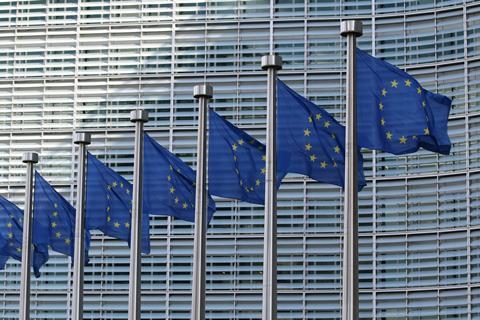The EU’s Corporate Sustainability Due Diligence Directive (CSDDD) looks set for approval next month, but critics suggest the latest version is a wasted opportunity to revolutionise how business is done in the EU
After a number of delays, and a set of last-minute changes that have frustrated environmental groups, the European Commission has reportedly reached an agreement with members on the Corporate Sustainability Due Diligence Directive (CSDDD), with a final vote expected in April.

The directive, initially agreed in December before a further round of lobbying, puts forward a legislative framework obliging companies to demonstrate the action they are taking to protect the environment and human rights.
It establishes a corporate due diligence duty to identify, bring to an end, prevent, mitigate and account for negative human rights and environmental impacts in a company’s own operations, subsidiaries and value chains.
In addition, some large companies are required to have a plan to ensure that their business strategy is compatible with the Paris Agreement to limit global warming to 1.5°C, while directors are incentivised to contribute to sustainability and climate change mitigation goals.
The directive also introduces duties for directors, including setting up and overseeing the implementation of due diligence processes and integrating due diligence into corporate strategy, taking into account the human rights, climate change and environmental consequences of their decisions.
Nico Broersen, managing director at global compliance platform AgriPlace, commented on LinkedIn: “This marks a large milestone in the journey towards better labour rights and elevating environmental standards in global supply chains. The CSDDD reflects values that we are passionate about at Agriplace - it’s all about making a real difference in the way businesses operate and enabling it to be a force for good.”
Lara Wolters, a Dutch MEP with the Progressive Alliance of Socialists and Democrats (S&D), who led negotiations at the European parliament, said the law would help “stop businesses from looking away from very real human misery and destruction”.
However, she criticised member states that “persistently delayed” the adoption of the agreement. And environmental campaigners hit out at late changes to the directive’s scope. The new agreement would apply to companies with over 1,000 employees, up from 500, as well as a net turnover of €450m, triple the amount earlier agreed.
According to estimates from environmental groups, the changes would exclude 70 per cent of the companies the law was meant to cover.
Anaïs Berthier, head of the Brussels office of Client Earth, an environmental law campaign group, told the Guardian that an opportunity to revolutionise how business is conducted in the EU had been “butchered” by corporate pressure and politics.



